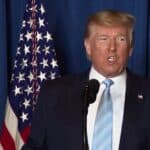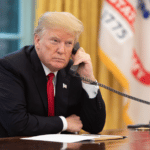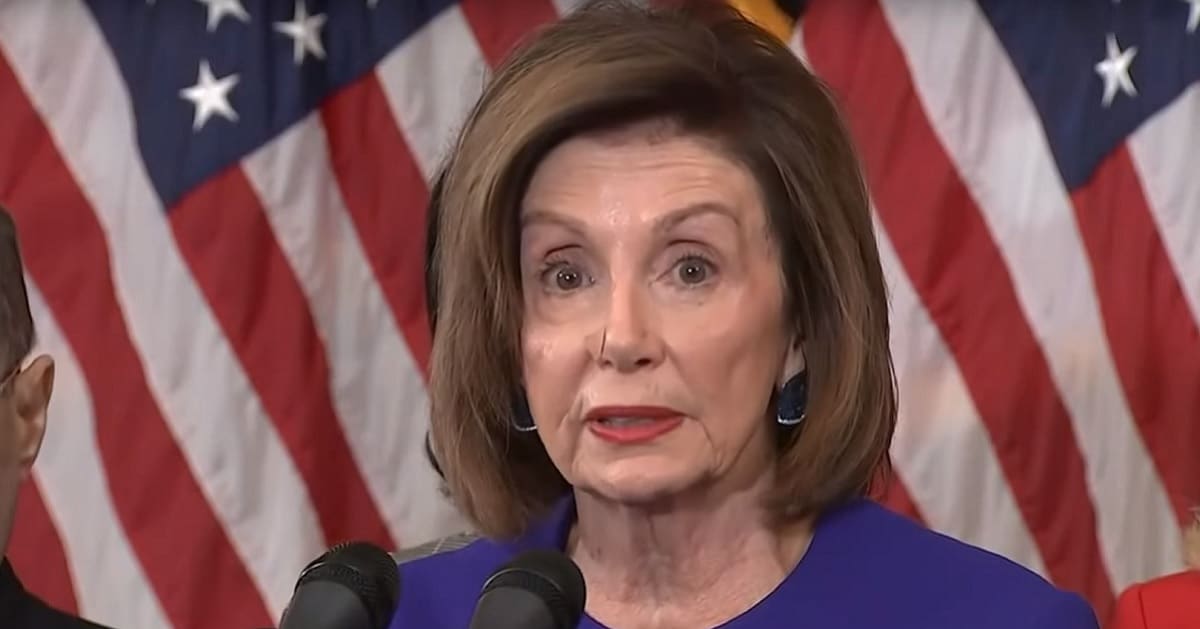

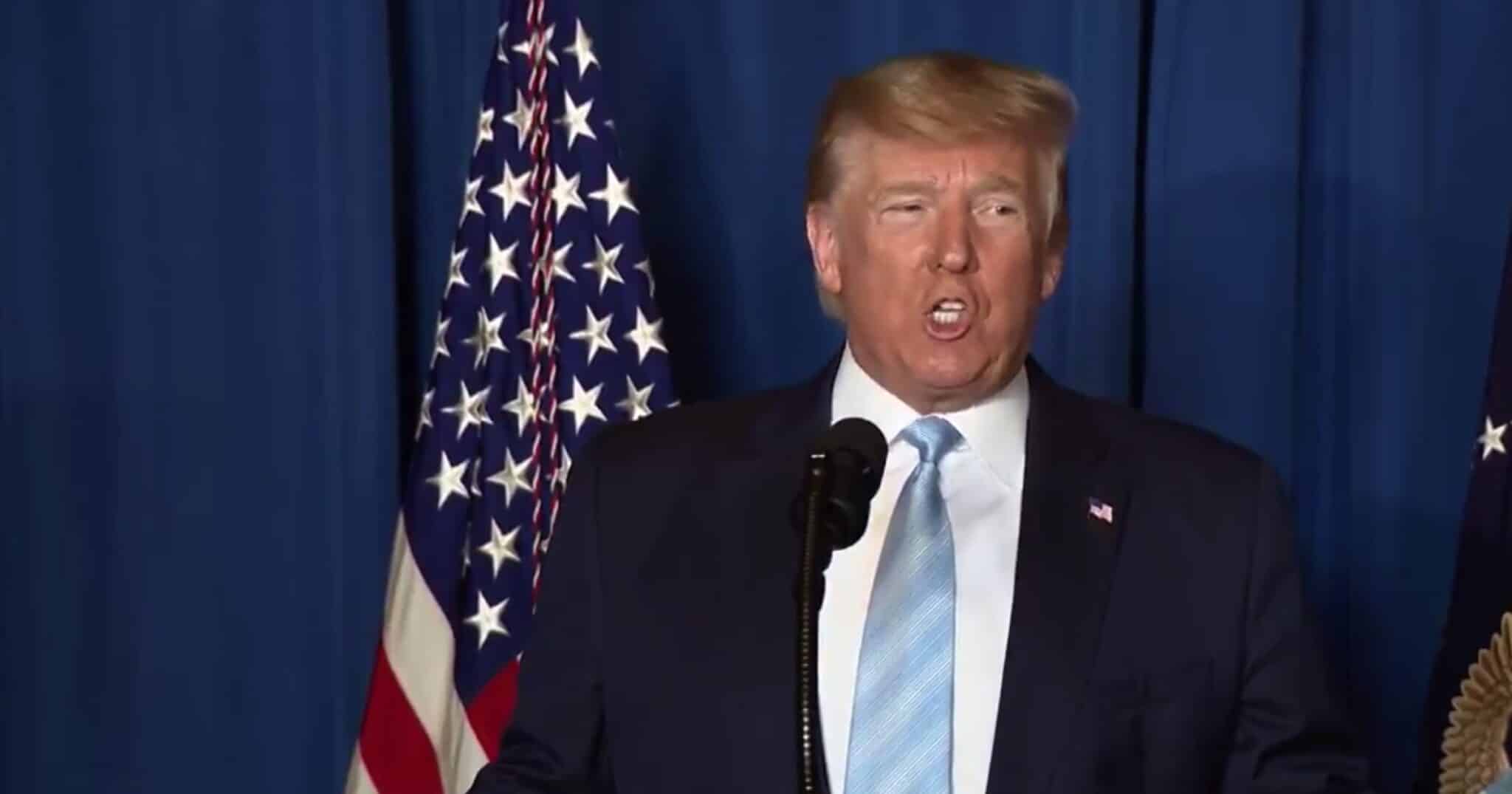
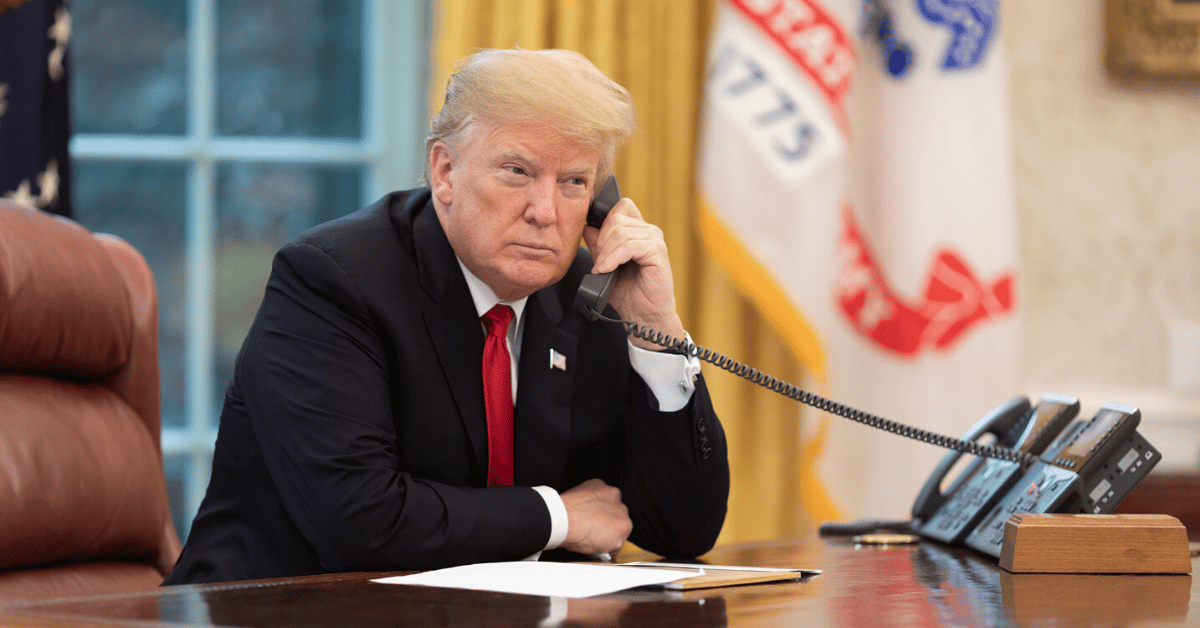

Kamala Harris was supposedly the winner in her first presidential debate against former President Donald Trump, according to a CNN flash poll conducted Tuesday night.
Newsweek reported that the debate, which took place in Philadelphia, focused on immigration, the economy, and abortion, with both candidates vying to gain an edge in the race.
While Harris’ performance garnered 63% of the poll's support, political experts are advising caution. Despite the initial positive response, the long-term effects of debates are often unpredictable.
During the debate, Trump was fact-checked multiple times for repeating false claims regarding the 2020 election and making an unverified statement about migrants abducting pets in Ohio. Both candidates ended the debate by claiming victory, further fueling the intensity of the race.
The flash poll, which sampled 605 registered voters with a margin of error of ±5.3 percentage points, revealed a divide among viewers. While a majority believed Harris won, Trump still garnered 37% of the audience’s support.
Nate Silver, a prominent pollster, pointed out that post-debate polls often lead to a boost in a candidate's standing, but past elections suggest caution.
For example, Mitt Romney led after the 2012 debates but ultimately lost to Barack Obama. Similarly, Hillary Clinton dominated debate polls in 2016 yet lost the presidency to Trump.
These historical cases provide a stark warning for Harris' campaign, as winning debates does not always equate to winning elections.
One notable aspect of the CNN poll is its demographic breakdown. With 41% of respondents identifying as Democrats and 26% as Republicans, some critics argue that the sample could skew the results in Harris’ favor. The rest of the participants were classified as independents.
Thomas Gift, a political expert, stressed that not everyone watched the debate live, and partisan media could heavily influence voters' perceptions of the event. He argued that selective media consumption often leads to an incomplete picture, as outlets with different political leanings tend to highlight different aspects of the debate.
Dr. Jonathan Parker, another expert in political behavior, noted that while Harris' performance was strong, the long-term effects of debates remain uncertain.
He highlighted that the media's portrayal of the debate in the following days might play a bigger role in shaping voter opinion than the debate itself.
Parker added that most voters already had a preference heading into the debate and viewed the event through a partisan lens. This suggests that only a small portion of undecided voters might be influenced by the actual debate performance.
Despite the caution surrounding the debate poll, Harris saw an increase in her election odds with 20 leading bookmakers. Additionally, she currently leads in polling averages from FiveThirtyEight, RealClearPolitics, and Nate Silver’s model.
However, Nate Silver's model also shows that Trump has a 61% chance of winning the electoral vote, keeping the race highly competitive. FiveThirtyEight’s prediction model projects Harris winning with 279 Electoral College votes, which is just above the 270 required to secure the presidency.
The data from this election cycle mirrors a previous debate in which Trump, running against Joe Biden, led a CNN poll by 34% to 26%. That debate ended with Biden withdrawing from the race, showing how volatile the election landscape can be following debates.
Given the unpredictable nature of post-debate momentum, some experts urge caution for Harris supporters who may view the flash poll results as a sign of a guaranteed victory.
Nate Silver remarked, “There’s still a good chance that Trump could become president again, although Harris probably reduced the chances of that last night.” His observation reflects the complexity of interpreting debate performances and how they translate into actual votes.
Gift also warned that the partisan media environment could dilute the impact of the debate. For instance, viewers of conservative outlets like Fox News and Newsmax may have a much different interpretation of the event compared to those who consume mainstream news.
Gift's comments underscore the growing influence of media in shaping public opinion. With fewer Americans tuning into live debates, many will form opinions based on the clips and commentary they consume afterward. This creates a fragmented and often biased picture of the debate's outcome.
Parker, meanwhile, emphasized that Harris' strong debate performance made a "good first impression," which could prove crucial in a close race. Still, he reiterated that debates alone do not decide elections, and Harris must navigate the media landscape carefully in the coming weeks.
